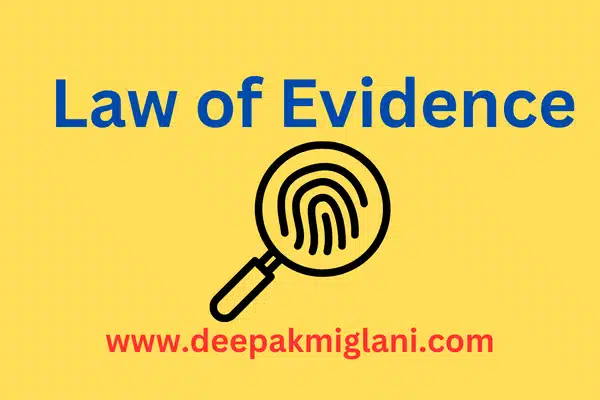Categories of Cyber Criminals
Any person who commits an illegal act with a guilty intention or commits a crime is called a criminal. In this context, any person who commits a cyber crime is known as a cyber criminal. The cyber criminals may be children and adolescents; they may be organized hackers, may be professional hackers or crackers, discontented … Read more


